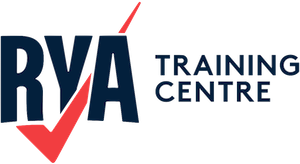All our courses are engaging, interactive and fun! Whether formal training or simply looking to brush up, we take online learning to the next level.
The possibility that a collision may occur, usually established by taking a compass bearing of an approaching vessel. Defined in Rule 7 - Risk of Collision of IRPCS.
Flag semaphore indicating the letter R.
International Morse Code sequence representing the letter R.
The volunteer crewed rescue service providing 24-hour rescue services around the UK and Irish coastline. They also provide seasonal lifeguards who look after people on busy beaches. The Royal National Lifeboat Institution (RNLI) is a charitable organisation in the United Kingdom and the Republic of Ireland dedicated to saving lives at sea. Founded in 1824,...
Sea area of the Met Office Shipping Forecast. Spans the North Atlantic west of Ireland around Rockall islet. Named for the remote granite islet Rockall, this area endures some of the Atlantic’s strongest gales (Force 9–11) and massive northwest swells. Competing territorial claims rest partly on the meteorological significance of its isolated weather station.
The line, chain, or cable that connects an anchor to a vessel. Rode refers to the length of chain, rope, or a combination of both that attaches a vessel to its anchor. The rode plays a crucial role in anchoring, as it absorbs the forces exerted by wind, waves, and currents, ensuring the anchor holds...
Roller furling is used on sailing boats to roll or unroll a sail, typically the jib or genoa, around a stay to quickly deploy or stow the sail. Roller furling is a popular sail handling system on modern sailboats, designed to make managing headsails more efficient and safer, especially for short-handed crews. The system consists...
A roller reef is a method of reducing sail area on a sailboat by partially rolling or furling the sail around the boom or the headstay. This allows the sailor to quickly and easily adjust the amount of sail exposed to the wind to control the boat's speed and performance in changing wind conditions. Roller...
Pronounced: ROW-me-oh The term for the letter R in the NATO Phonetic Alphabet.
To head up into the wind


